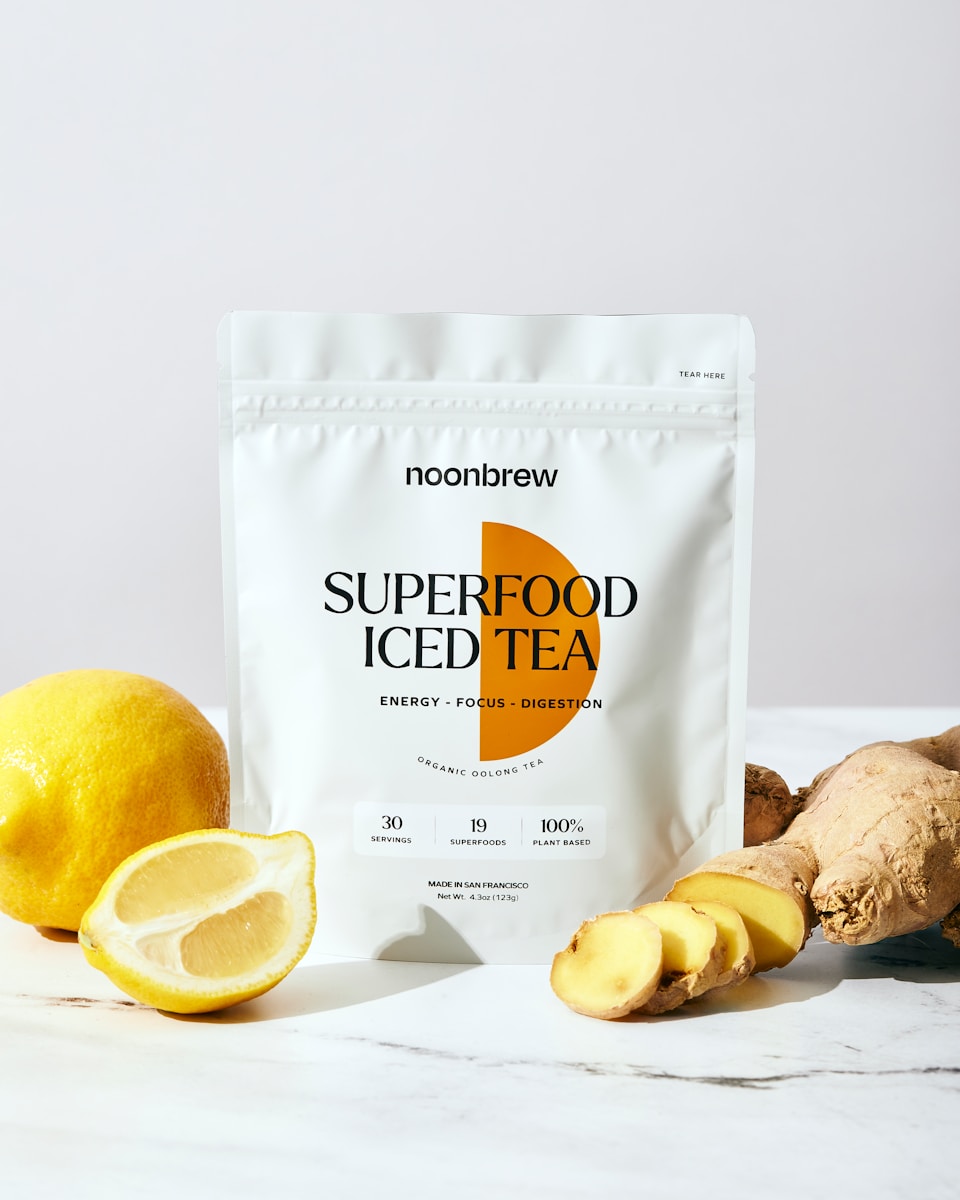What Is “Plant-Based Nutrition”?
The term “plant-based” can mean different things to different people:
-
For some, it means vegan—no animal products.
-
For others, it means mostly plants, with occasional meat, dairy, or eggs (sometimes referred to as “flexitarian”).
-
The focus, ideally, is on whole, minimally processed plant foods: vegetables, fruits, legumes, whole grains, nuts, seeds, and herbs.
Because the quality of plant-based eating matters greatly, many researchers distinguish between healthy plant-based diets and unhealthy ones (those high in refined grains, sugary snacks, processed vegan foods). In fact, adherence to a high-quality plant-based diet is more strongly associated with benefits than just “plant-based” in name alone.
The Power of Plant-Based Eating Through Time
Plant-based eating has been valued for thousands of years, beginning as far back as biblical times, where the earliest diets mentioned in scripture centered around fruits, grains, and seeds (Genesis 1:29). Figures like Daniel chose plant-based foods over royal meats to honor his faith and experienced greater health and vitality (Daniel 1:12–16). Ancient groupings like the Hindus, Buddhists, and Greeks also embraced it for spiritual, ethical, and health reasons. Philosophers such as Pythagoras promoted meat-free diets for moral and physical well-being as early as 500 BCE. In religious and monastic traditions across India, China, and Europe, plant-based diets were often practiced to support discipline, purity, and longevity.
From the 19th century onward, plant-based nutrition shifted from spiritual tradition to scientific exploration. Reformers like Sylvester Graham and movements like the Seventh-day Adventists emphasized vegetarianism for disease prevention. By the late 20th century, clinical studies by researchers such as Dr. Dean Ornish demonstrated that whole-food, plant-based diets could reverse heart disease—a landmark in nutritional science. Today, backed by modern fields like microbiome research, lipidomics, and nutritional psychiatry, plant-based diets are proven to support heart, brain, gut, and metabolic health, offering powerful protection against chronic diseases.
Plant-based nutrition is not a trend—it’s an ancient wisdom backed by modern science.
What started as a spiritual or philosophical practice thousands of years ago is now proven through rigorous research to promote health, prevent disease, and even reverse some chronic conditions.




